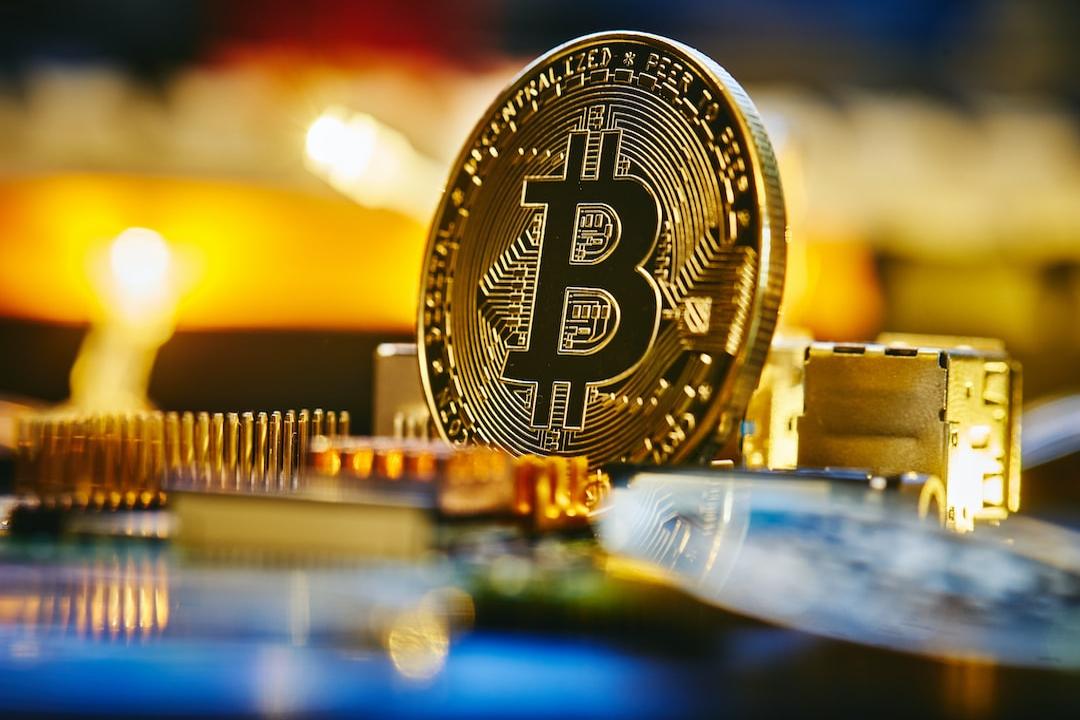Ethereum co-founder Vitalik Buterin recently advocated for a moderate increase in Gas limits to enhance the network’s throughput during a Reddit AMA event. According to his calculations, it would be reasonable to raise the Gas limit to approximately 40 million.
In the second half of 2021, Ethereum implemented the notable London upgrade, which included the EIP-1559 improvement proposal. The main objective of this update was to optimize Ethereum’s transaction fees, also known as Gas, and its market mechanism. After the implementation of EIP-1559, the Gas limit per block was doubled, but the actual gas usage is dynamically adjusted based on network demand to maintain a block utilization of around 50%.
On the 10th day, Ethereum co-founder Vitalik Buterin, also known as V God, advocated during a Reddit AMA event that a moderate increase in Gas limits to enhance network throughput would be a reasonable choice.
Gas limit refers to the maximum amount of Gas that can be used per block when conducting transactions or executing smart contracts on Ethereum. This limit ensures that block sizes are appropriate and avoids impacting network performance and synchronization.
V God proposed a 33% increase in Gas limits. He pointed out that since the implementation of EIP-1559, Ethereum’s Gas limit has not been increased for nearly three years, setting a record for the longest period in the protocol’s history. Despite EIP-1559 doubling the Gas limit, the actual average gas usage has only increased by around 9%.
V God suggested that the benefits of technological advancements brought about by Moore’s Law should be evenly distributed, with half used to improve network capacity and the other half used to enhance synchronization and verification convenience. According to his calculations, raising the Gas limit to approximately 40 million would be reasonable. Currently, the Gas limit is 30 million according to Etherscan data, meaning the proposed adjustment would increase the limit by 33%.

The chart above shows the average Gas limit of Ethereum blocks since its launch in 2015, starting at approximately 3 million Gas and gradually increasing with the network’s usage and popularity.
The surge in Ethereum Gas fees due to the popularity of NFTs
In terms of Ethereum’s transaction costs (Gas prices), according to Etherscan data, the current average Gas price is around 23 Gwei (Gwei is one billionth of an Ether), which is equivalent to approximately $1.25.
Due to the NFT frenzy, Ethereum Gas fees soared to a high of 155 Gwei in May 2023, and in November of the same year, another round of NFT speculation drove up Gas fees, even spreading to the Ethereum Goerli testnet. This led to an average Gas fee of up to 12,323 Gwei on the testnet, requiring an average of 0.156 ETH in Gas fees per transaction to complete. Even the test coin gETH surged by 50%.

The NFT frenzy not only pushed up Ethereum’s Gas fees but also reignited discussions about network scalability. V God’s proposal to increase Gas limits aims to improve Ethereum’s network throughput and processing capacity to meet the growing transaction demand. However, it also comes with increased hardware burden and potential risks of network spam and attacks.
Further reading:
Is Bitcoin’s NFT frenzy garbage? It’s time to rethink the essence of blockchain.

Related Reports
NFT frenzy hits Ethereum Goerli testnet! Gas breaks 10,000 Gwei, gETH surges 50%.
Is Bitcoin’s NFT frenzy the emperor’s new clothes of “big blockism”?
Understanding the Ethereum Gas fee calculation principle: How to reduce transaction costs?


